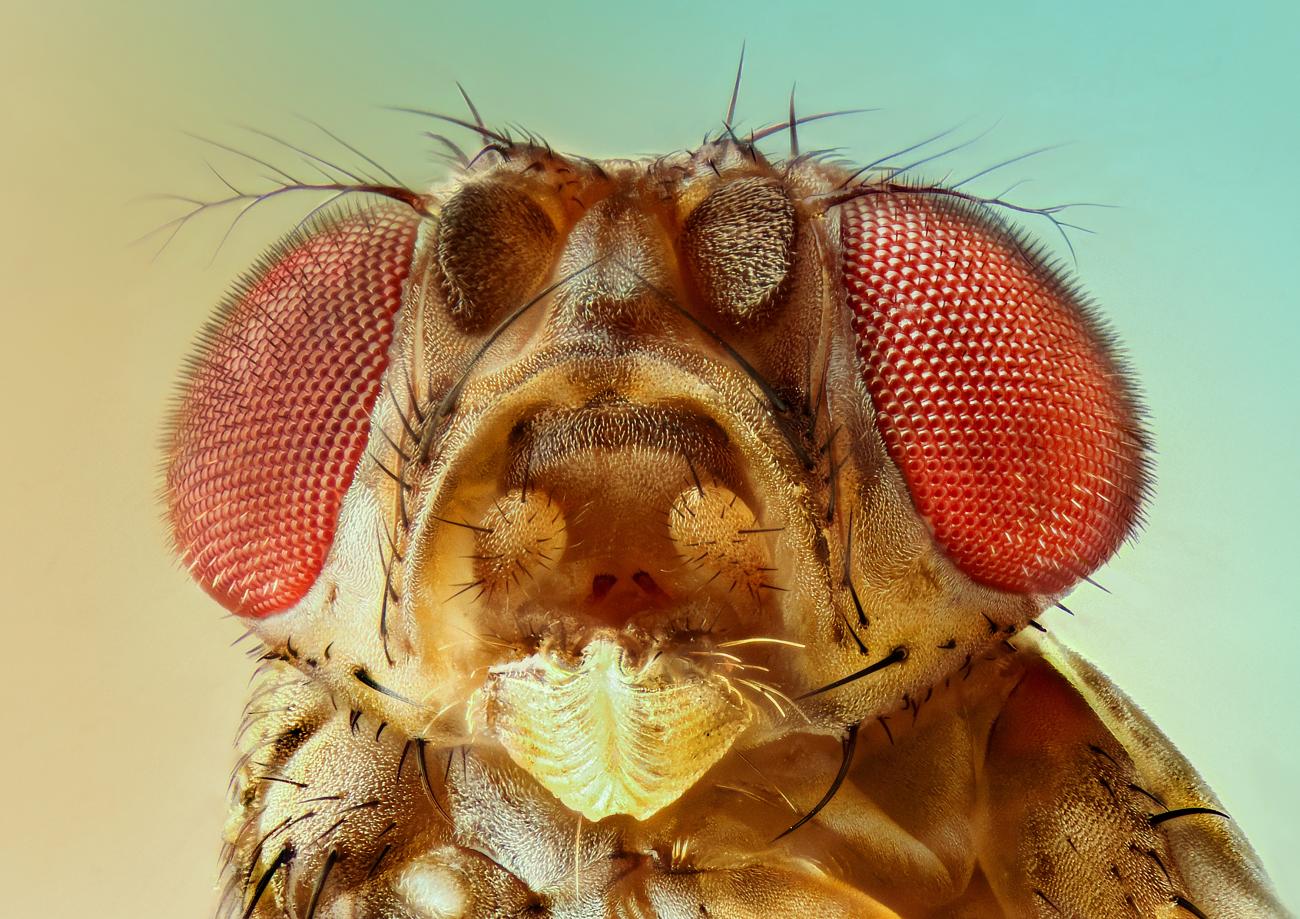SOURCE: AFI


A unique experiment is set to take place during India’s upcoming manned space mission, Gaganyaan. Fruit flies from Dharwad, scientifically known as Drosophila melanogaster, will be sent into orbit to help researchers understand the formation of kidney stones among astronauts.
Developed by the Department of Biotechnology at the University of Agricultural Sciences (UAS), Dharwad, these humble flies share approximately 77% of their genes with humans. This genetic similarity makes them invaluable for studying human diseases, including kidney stones, which are a significant concern for astronauts.
Kidney stones have been reported in astronauts over 30 times during space missions. The microgravity environment, coupled with factors such as bone loss, increased urine acidity, dehydrated food, and reduced urine output, can create conditions conducive to kidney stone formation.
“Fruit flies are crucial for understanding the molecular mechanisms underlying kidney stone formation in humans,” explained Ravi Kumar Hosmani, Assistant Professor at the UAS Biotechnology Department. “By studying these flies in space, we hope to develop improved treatments, particularly for Indian astronauts.”
The experiment will provide valuable insights into the unique challenges faced by astronauts and contribute to the development of countermeasures to protect their health during long-duration space missions. As India prepares for its historic manned space flight, the Dharwad fruit flies are poised to play a small but significant role in advancing our understanding of human health in space.